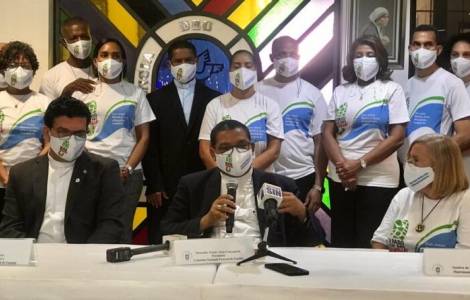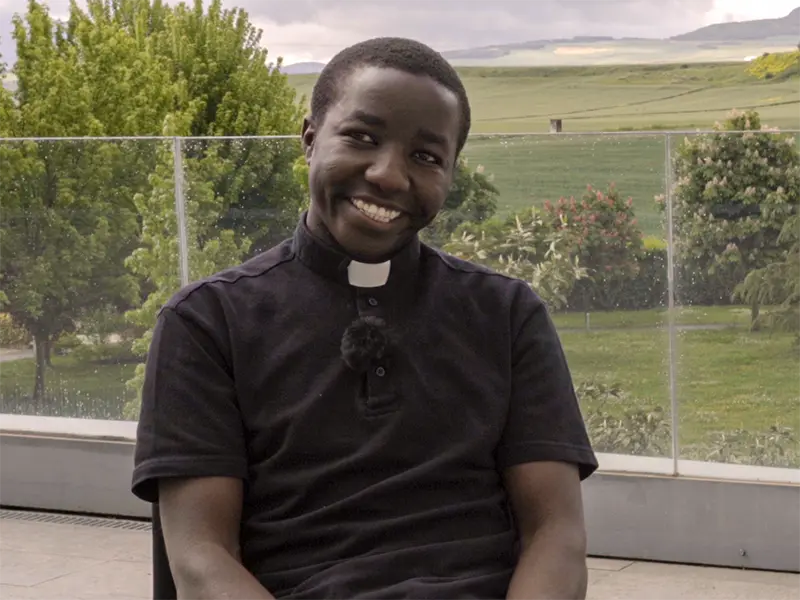Month of the Family in Dominican Republic
Bishops Support 'Manifesto of the family 2021'

Since 1971 the month of November has been “the Month of the Family” in the Dominican Republic and on this occasion the National Commission of the Family, of the Dominican Bishops’ Conference, together with the diocesan Commissions and apostolic movements, has published the “Manifesto of the family 2021” in the context of the “Year of the Amoris Laetitia Family”.
In the text, sent to Fides, some fundamental concepts are reiterated: “the Family, as the first and vital cell of society, has been a constant concern of our Catholic Church, and our Bishops, on several occasions, have declared it a priority in their pastoral plans”. At this time, when the Dominican family is under attack, it is appropriate to highlight its value, as established by the State Constitution.
“No institution can decide for the family – says in the manifesto -. We cannot tolerate, under any circumstances, the imposition of any kind of agenda that threatens the very life of the human person, nor of those who are yet to be born. Nor can we tolerate any type of ideology that distorts and eradicates our family identity. We are constitutionally responsible for the education of our children”. For this reason, the family must be “a community of life and love, which educates people, participates in the development of society and in the life and mission of the Church”. Reaffirming that “the family should be the main protagonist of the public policies of the State”, the signatories of the Manifesto address a series of petitions to the State. In the first place, “to recognize and guarantee the right and respect for the protection of human life, from conception to natural death, as upheld by the Dominican Constitution”. Public policies are urgently addressed to families, especially those living in poverty, guaranteeing food, health, education, and citizen security. The State must develop a low-cost housing plan; a network of Family Assistance Centers for families with coexistence difficulties; specialized therapy centers for orphaned children traumatized by the consequences of domestic violence; ensure sources of employment that guarantee the self-support of families; promote ethical and humane affective-sexual education programs in educational centers; involve the media in building healthy families, avoiding everything that could cause family disintegration, violence, and anti-values. In addition, they ask the State to create a Ministry of the Family, “to coordinate, articulate and integrate all public policies related to all members of the family”. Finally, they reiterate to the Government, the legislative chambers, and the entire population that no one can take over the family, since “they have the right to decide on its members and their future, bearing in mind that the good of society depends on the good of marriage and family”.
Related

Reflection by Bishop Enrique Díaz: Alleluia, alleluia
Enrique Díaz
20 April, 2025
5 min

Christ is Risen! Alleluia! Commentary by Fr. Jorge Miró
Jorge Miró
20 April, 2025
3 min

Easter: Mystery of Freedom
Carlos J. Gallardo
20 April, 2025
5 min

“Being Catholic in Tanzania is a source of pride”
Fundación CARF
16 April, 2025
6 min
 (EN)
(EN)
 (ES)
(ES)
 (IT)
(IT)

